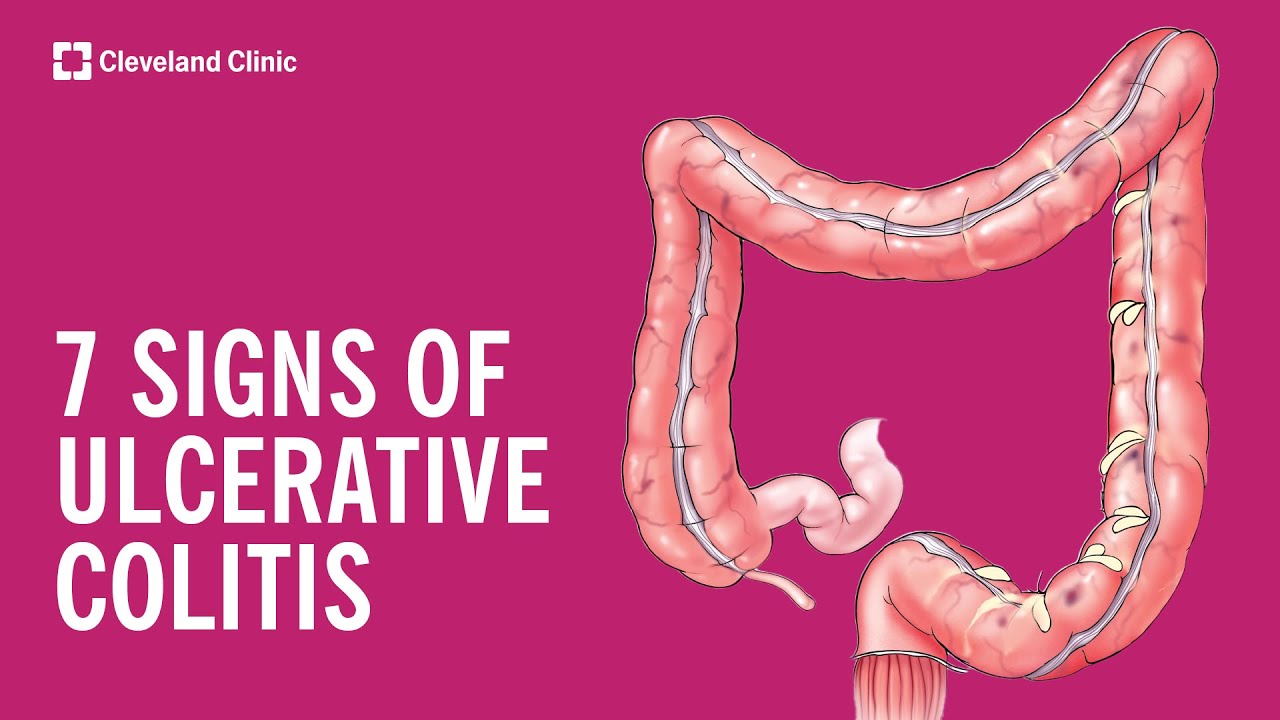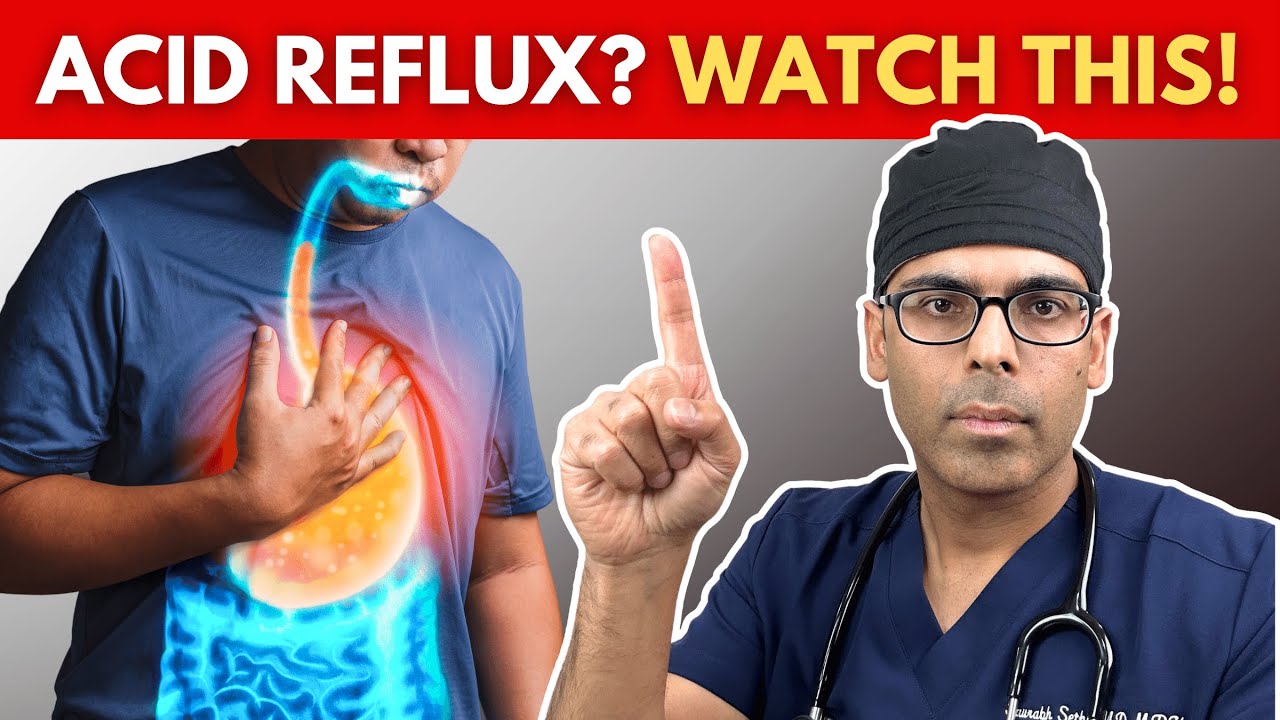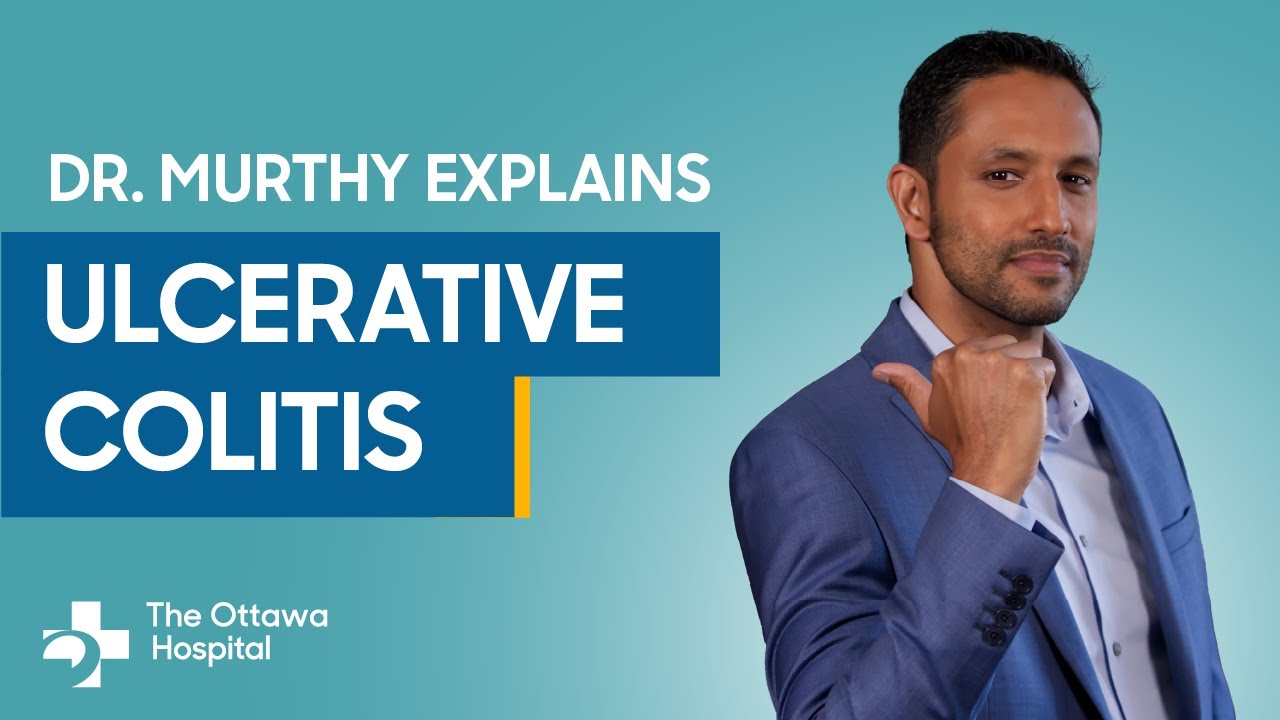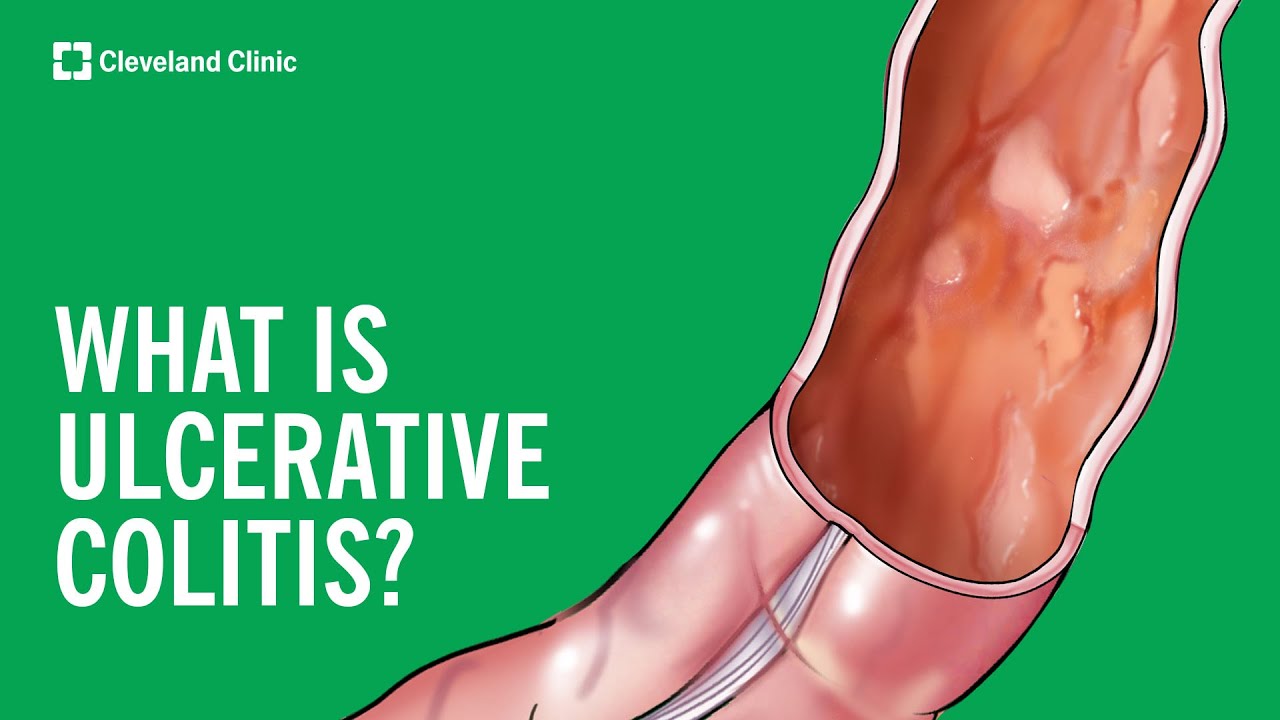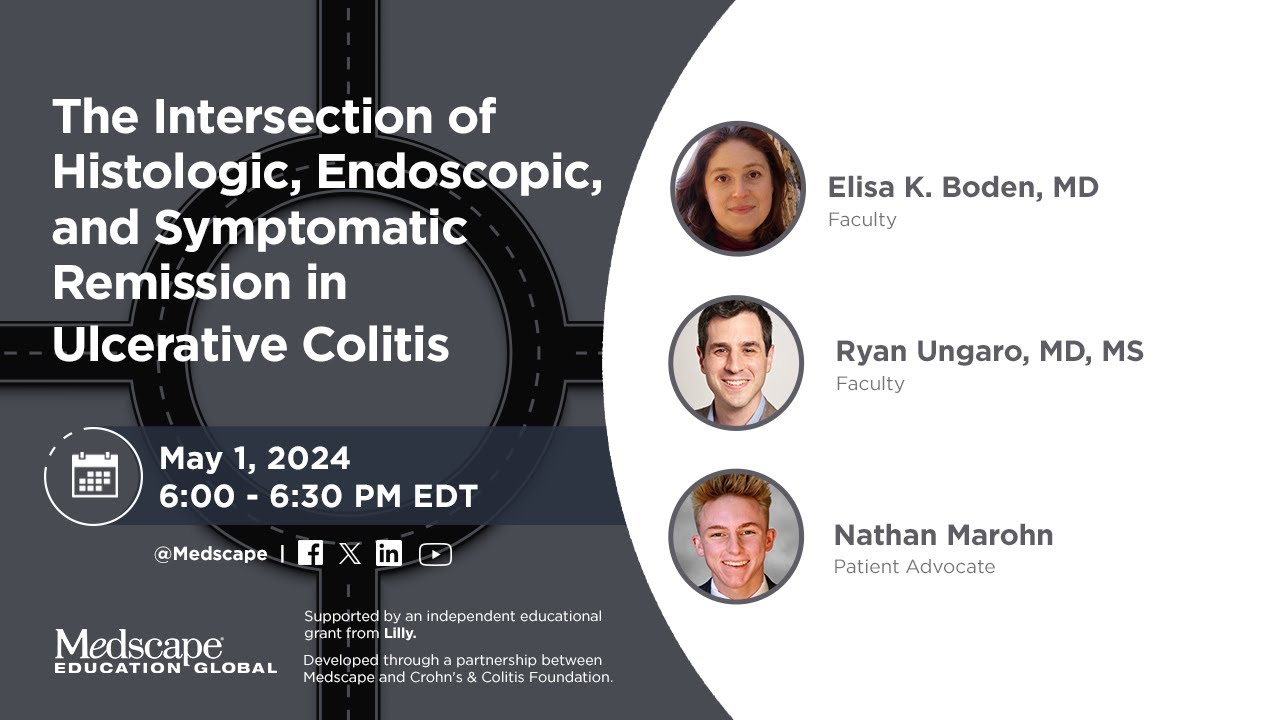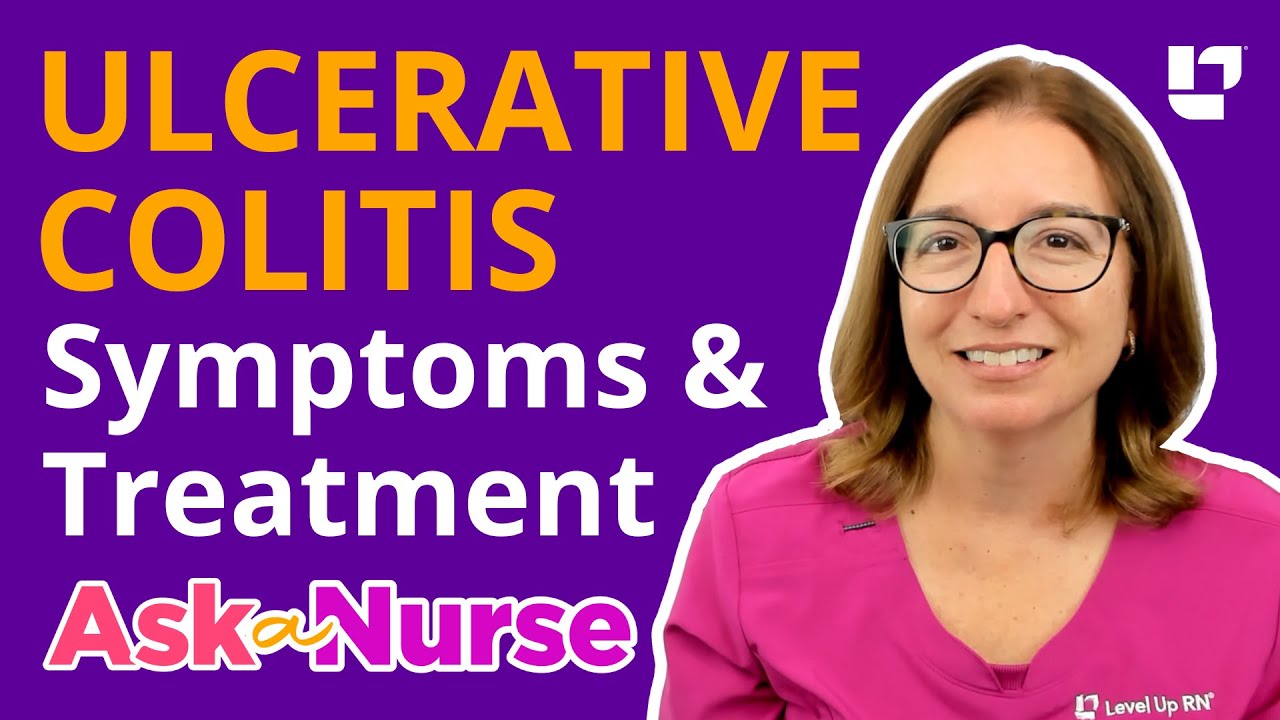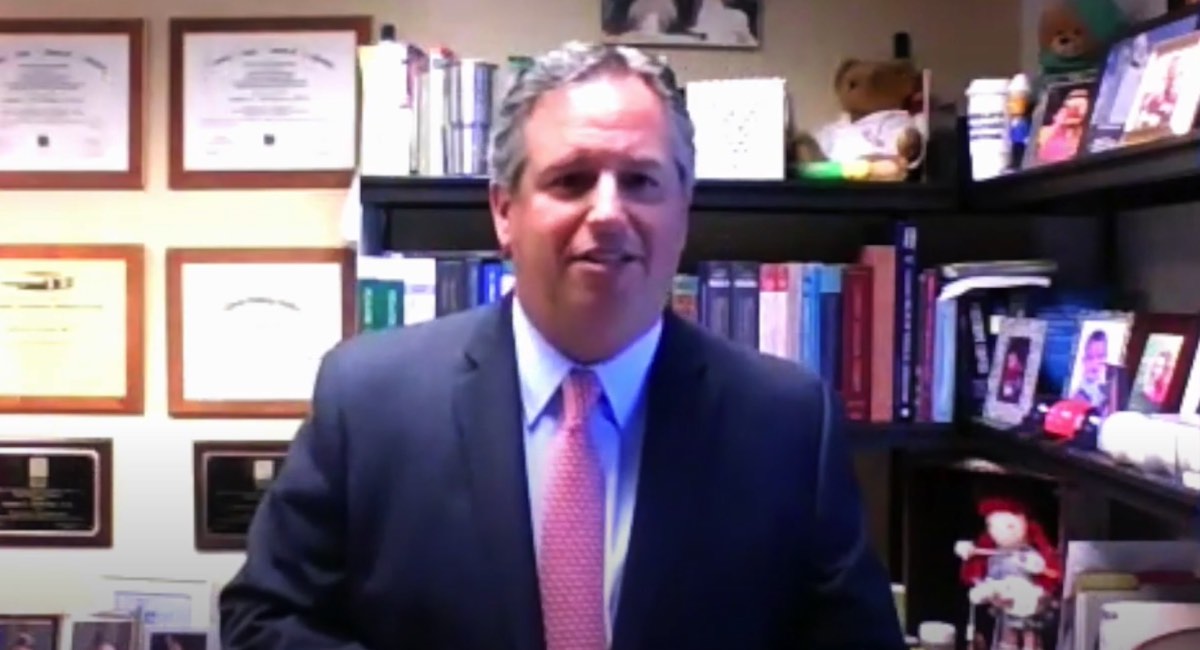Chronic inflammation increases in children with untreated H pylori
Reuters Health • The Doctor's Channel Daily Newscast
On the other hand, however, symptoms are not improved with triple eradication therapy any more than with symptomatic therapy, the researchers report in the Journal of Pediatrics online March 11.
Dr. Annamaria Staiano and colleagues at University ‘‘Federico II’’ in Naples point out that guidelines recommend that only children with suggestive symptoms should be investigated for H pylori infection, and eradication therapy applied only in cases of gastric/duodenal ulcer, MALT lymphoma, and atrophic gastritis with intestinal metaplasia.
“In symptomatic H pylori-associated chronic active gastritis (H pylori-ACAG), eradication therapy has yet to be validate,” they explain.
To look into this issue, the authors randomly assigned 30 symptomatic children with H pylori-ACAG to triple eradication therapy or symptomatic therapy.
At 12 months from enrollment, there was no statistically significant difference in dyspeptic symptoms between the two groups, according to the report.
However, at that time point, macroscopic appearance was significantly changed from baseline in the symptomatic-therapy group (p=0.023), and this group showed significantly higher chronic inflammation (p=0.022), H pylori density (p=0.007), and activity (p=0.002) than the group given eradication therapy.
Furthermore, after a year, H pylori persisted in all children who had not received eradication therapy.
Dr. Staiano and colleagues suggest that a policy of “test and treat” should not be recommended for all children, in order to limit the development of drug resistance. Rather, they conclude, “Our results could provide evidence to support the view that H pylori eradication should be indicated in all symptomatic children for the prevention of inflammation that could trigger precancerous lesions.”
They add, “In particular, we would suggest treating all children who are found to have H pylori-ACAG, and not only those with ulcers, MALT lymphoma, and gastric atrophy, as suggested by the latest guidelines.”
Reference:
Helicobacter pylori Chronic Gastritis in Children: To Eradicate or Not to Eradicate?
J Pediatr 2011.

